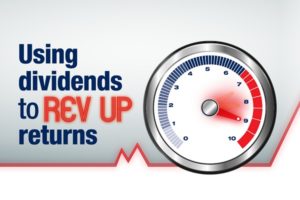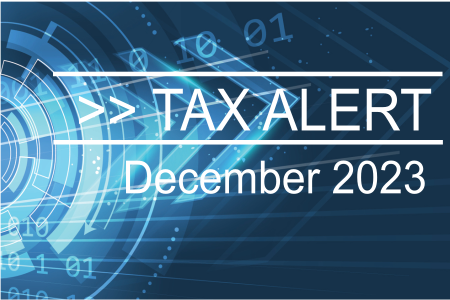The study of behavioural finance tells us people prefer a small certain reward today than a bigger uncertain one in future. That’s certainly true of share investors over the past decade. Against a backdrop of low interest rates and slow economic growth, investors have looked for dividends in ‘safe’ companies rather than big capital gains from risky ones.

Since 2004 Australian share prices have gone up by 75 per cent. But when you add dividends, the total return from shares is up by 313 per cent.
The average dividend yield on Australian shares is currently 4.12 per cent and some well-known companies yield much more. Companies such as Telstra with a dividend yield of 8.56 per cent, Fortescue Metals (7.55 per cent), Cabcharge (9.8), Mortgage Choice (7.68) and Charter Hall Retail (7.11) to name a few.i
Dividend yield is simply the latest annual dividend divided by the current share price. An average yield of over 4 per cent stacks up well against the current cash rate of 1.5 per cent and average residential property yields across all capital cities of 3.9 per cent.ii
But that’s not all. The grossed-up (pre-tax) dividend yield from shares is even higher – currently 5.9 per cent for the broader market and 12.2 per cent for Telstra. Dividends are not just a source of cash in hand for investors; they also offer potential tax benefits in the form of franking credits.
What is dividend imputation?
Before the introduction of dividend imputation in 1987, company profits were effectively taxed twice. Companies paid tax on their earnings and shareholders were taxed on the dividends paid out of profits at their marginal rate.
Under the new system, if the company has already paid tax on the income the Australian Taxation Office (ATO) gives shareholders a tax credit.
Dividends on shares with imputation credits are called franked dividends and may be fully or partly franked, depending on the amount of tax the company has paid and in what country. There are no credits for tax paid on overseas earnings.
This is how it works. Say Company X makes pre-tax earnings of $1 a share. It pays tax at the company rate of 30 per cent, or 30c a share, and returns the remaining 70c to shareholders as a fully franked dividend.
How does it affect me?
The level of benefit you receive depends on your marginal tax rate.
Michael pays tax at the top marginal rate of 45 per cent. He has 100 shares in Company X and receives $70 in dividends. Company X has paid tax at the full corporate rate of 30 per cent and passes on this tax credit to shareholders.
Michael’s taxable income on the dividend is $100 (after adding the $30 imputation credit to his $70 dividend), so he’s liable for tax of $45. However, this is offset by the $30 imputation credit leaving him with only $15 tax to pay.
If Michael had invested in a term deposit and received annual interest of $100 he would have paid $45 tax on the income.
Many retirees or people who earn below the annual tax-free threshold of $18,200 pay no tax at all on their fully franked shares. Because franking credits are fully refundable, they can claim a full refund from the ATO.
Holding period rule
You must hold shares for at least 45 days to be eligible for franking credits. Then there’s the impact of the government’s decision to progressively reduce the company tax rate which could limit the franking credits from some small listed companies.
It’s never wise to invest for tax benefits or a high yield in isolation. Before buying shares in any company you need to be confident that their dividend policy is sustainable. If you would like to discuss how franked dividends could improve your investment returns, please give us a call.
i CommSec Economic Insights: Dividend Bonana, 7 September 2017
ii CoreLogic, 1 Sept 2017, https://www.corelogic.com.au/news/national-housing-conditions-steady-led-slowdown-across-sydney-market#.WbHp3-QUnIU
Did you enjoy this article?
Click below to share it
More News Articles

What the 2025 Federal Budget Means for you
Treasurer Jim Chalmers’ fourth federal budget
was just announced

Retirement Planning: It’s Not all About the Money
Retirement is often a massive life change for the majority of people who experience it

FBT – How Fringe Benefits Tax Works
FBT is separate to income tax. It’s calculated on the taxable value of the fringe benefit

Tax Alert December 2023
The ATO is getting back to business with it’s lenient approach during the pandemic over, it’s focus now is returning to traditional debt collection

How a Super Recontribution Strategy Could Improve Your Tax Position
The main reason for implementing a recontribution strategy is to reduce the taxable component of your super and increase the tax-free component

Rental investor? How to Get Your Tax Return Right
Extra care is needed when lodging returns with rentals
Connect Through our Socials
While you may have come to us from a variety of sources, the time has never been better to join us.
Connect through out socials to keep up to date with our latest news and get some tips.




